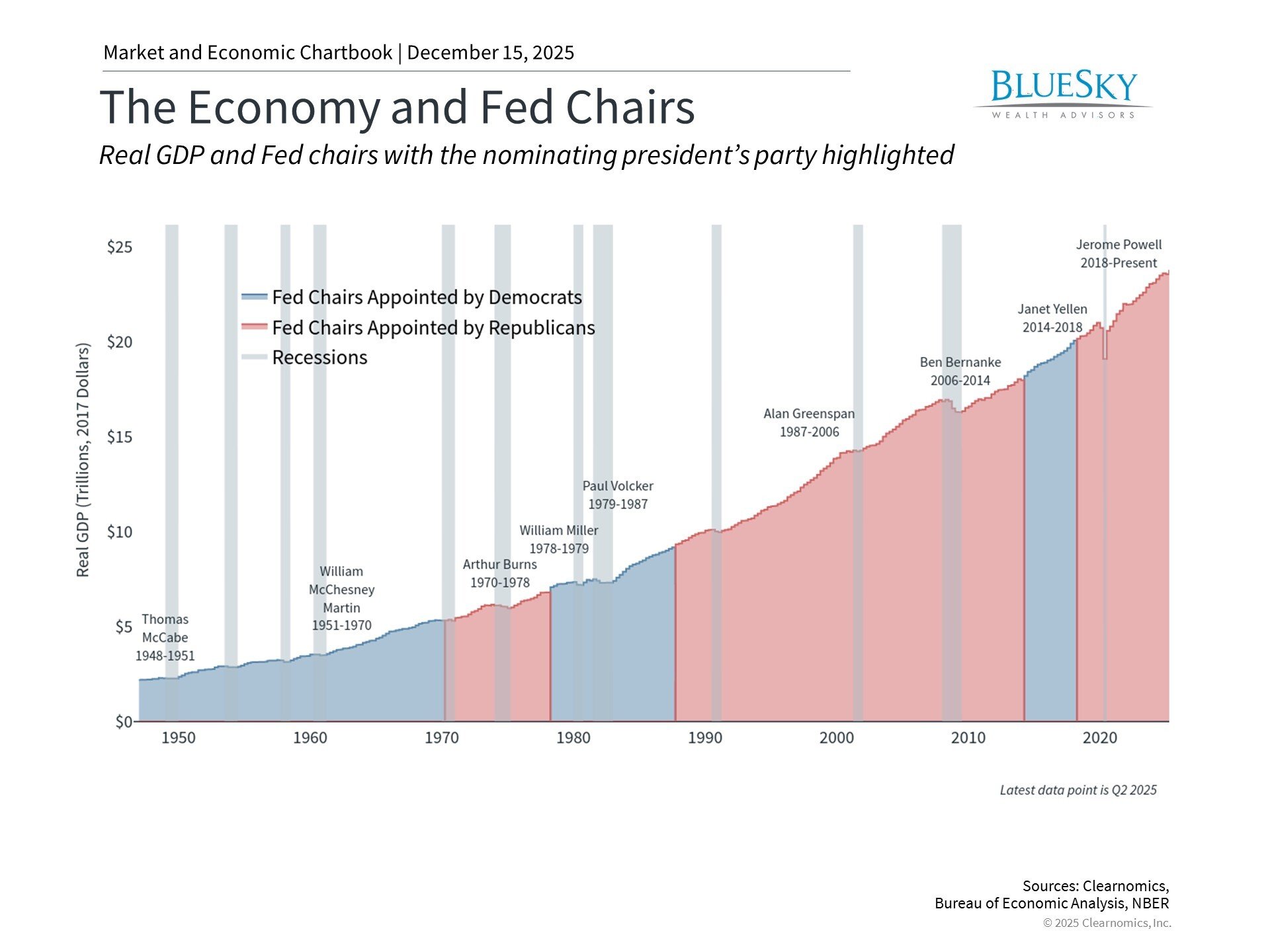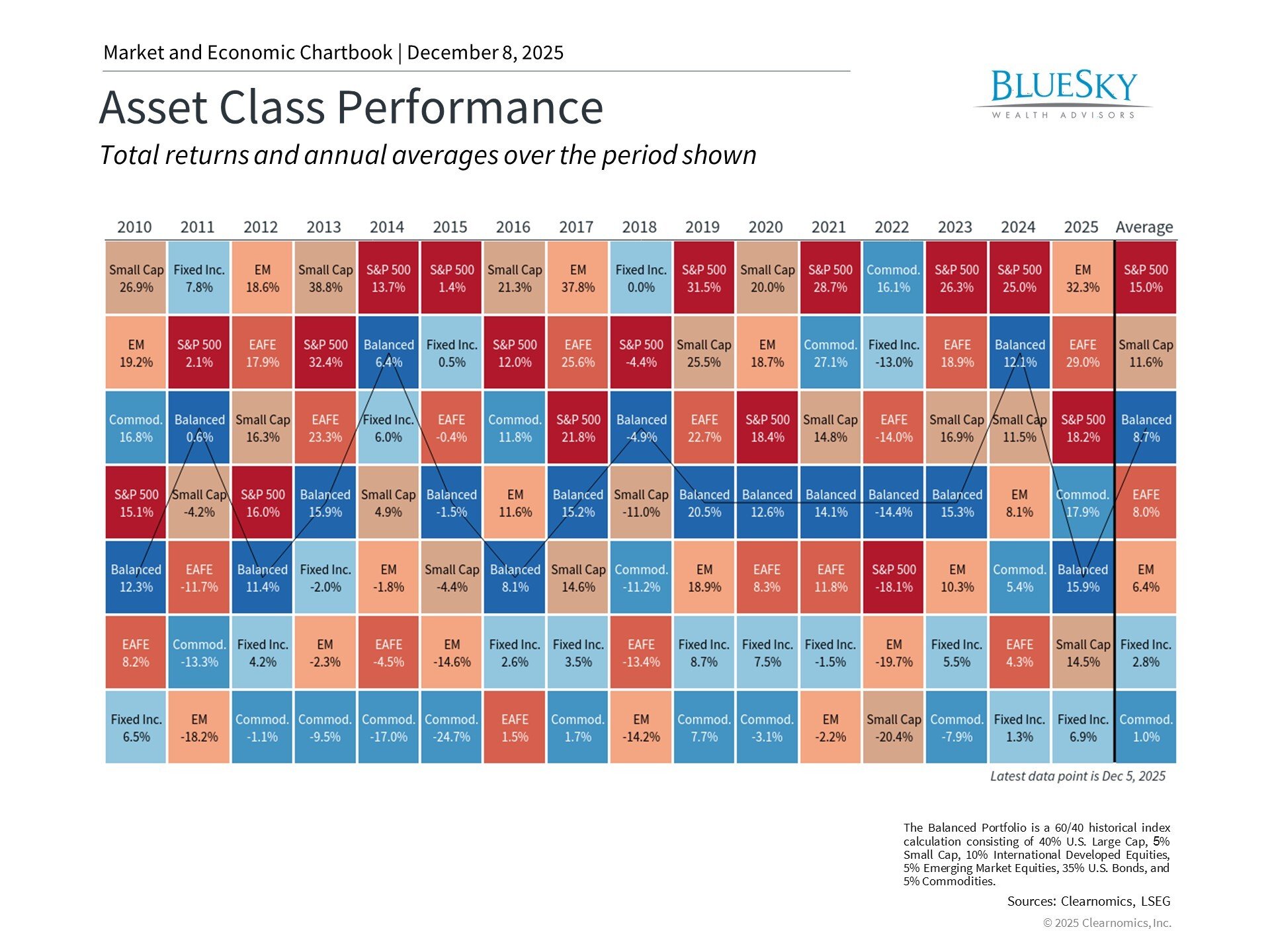
Investing for Their Future: Kids Will Grow Up Faster Than You Think
Investing for Their Future: Kids Will Grow Up Faster Than You Think

As a parent, it’s natural to be consumed with the day-to-day responsibilities of raising children. From diaper changes to school projects, the demands of parenting often overshadow long-term planning. However, it’s crucial to remember that children grow up faster than we realize. As the saying goes, “the days are long, but the years are short”. This makes investing in their future, specifically saving for higher education, a priority that requires proactive and thoughtful planning.
According to a recent article by Forbes, the average cost of attending an in-state, public four-year university in 2020 was 180% greater than in 1980. The average annual total price to attend a public institution today is over $20,000 including tuition, fees, and room and board, whereas private institution costs can exceed $50,000 annually. Although, the cost of higher education has been on a relentless upward trajectory for decades, the pace is not expected to slow, calling for parents to prepare in advance for their children’s future educational endeavors.
The Power of Compound Interest
Starting to save for higher education early not only grants you time to save, but also allows parents to leverage the power of compound interest. Compound interest allows your initial investment to grow exponentially over time as you earn interest on both your principal and the accumulated interest. Parents who start early can reduce monthly contributions and still end up on top compared to parents who start even just a few years later.
For example, investing $200 a month in a tax-advantaged account, such as a 529 Plan, from your child’s birth could grow to nearly $100,000 by the time they turn 18, assuming a modest 6% annual return. Waiting until your children are 10 to start saving, and you would need to invest more aggressively to achieve the same goal in a shorter time period. In other words, the earlier you start, the more time your money has to grow.
Understanding Your Options
When it comes to saving for higher education, there are several investment vehicles to consider:
- 529 College Savings Plans: These state-sponsored plans offer tax advantages and can be used for a variety of educational expenses. They allow your investments to grow tax-free, and withdrawals used for qualified education expenses are also tax-free.
- Coverdell Education Savings Accounts (ESAs): Similar to 529 Plans, ESAs offer tax-free growth and withdrawals for educational expenses. However, they have lower contribution limits and income restrictions.
- Custodial Accounts (UTMA/UGMA): Uniform Transfers to Minors Act (UTMA) and Uniform Gifts to Minors Act (UGMA) accounts allow you to invest on behalf of your child. While they offer flexibility, they don’t provide the same tax advantages as 529 Plans or ESAs.
- Roth IRAs: Though primarily intended for retirement savings, Roth IRAs can also be used to fund education. Contributions can be withdrawn tax-free at any time, and earnings can be withdrawn tax-free for qualified educational expenses, subject to certain conditions.
Getting Started and Staying on Track
As with any investment strategy, saving for higher education requires establishing your goals upfront, being disciplined in your approach, and adjusting when need be. Consider the following tips for getting started and staying on track:
- Set Clear Goals: Determine how much you want to save and by when. Keep your monthly budget in mind and be realistic.
- Automate Contributions: Set up automatic transfers to ensure the follow of funds each month and reduce your individual tasks.
- Review and Adjust: Regularly review your strategy to ensure you’re on track. Adjust your contributions or investment strategy as needed based on changes in your financial situation, goals, or market conditions.
Conclusion
The rising cost of higher education makes planning and saving in advance all the more imperative. Apart from the general consensus to start early, the rest of your investment strategy is unique to your family’s goals, timeline, and budget. BlueSky Wealth Advisors works with families just like yours to establish robust financial plans that help you achieve your short and long-term goals, as well as account for emergencies. Let’s chat to discuss how BlueSky can help you prepare for your children’s educational expenses and more.





